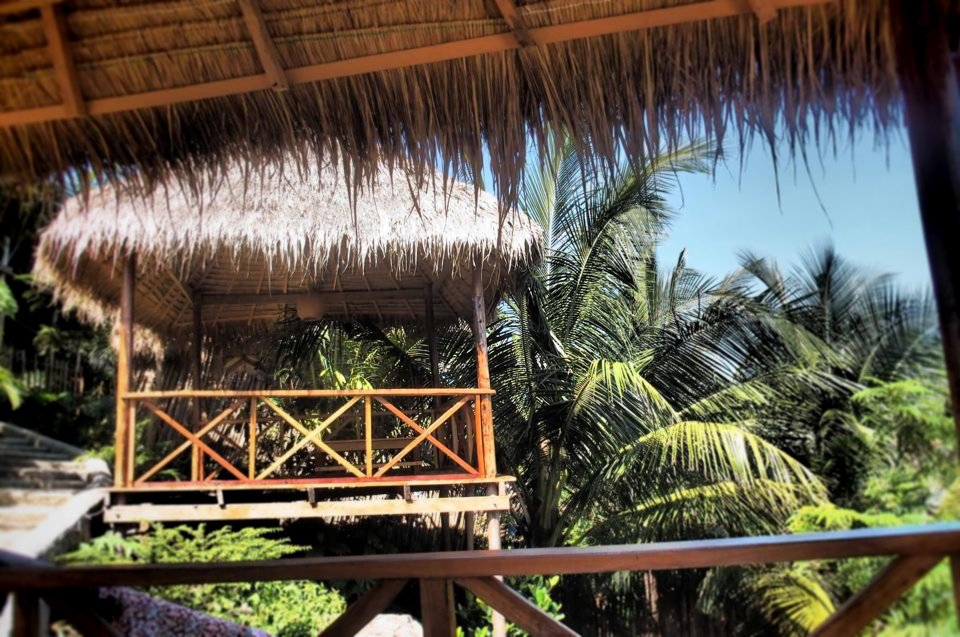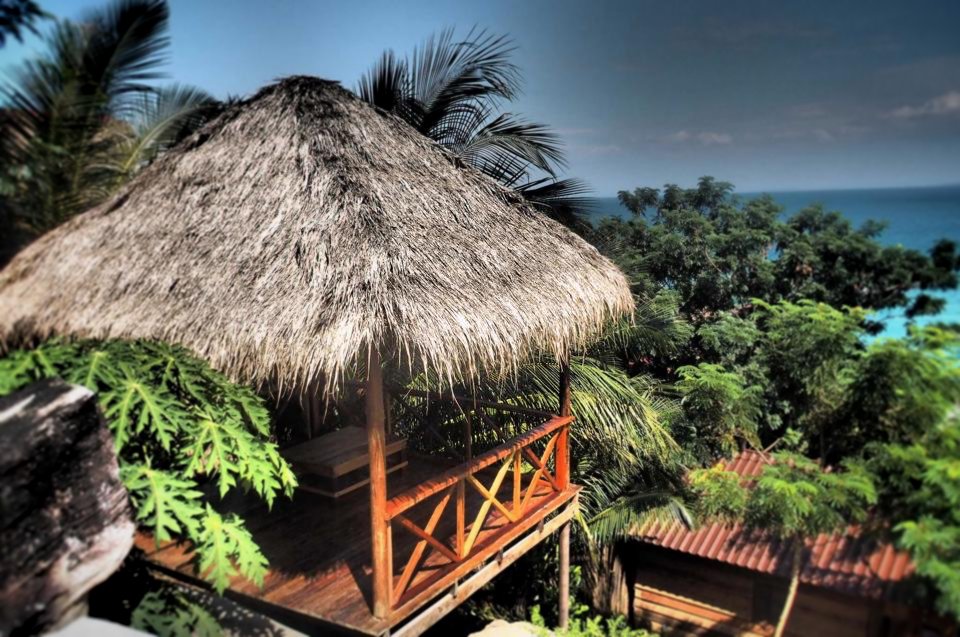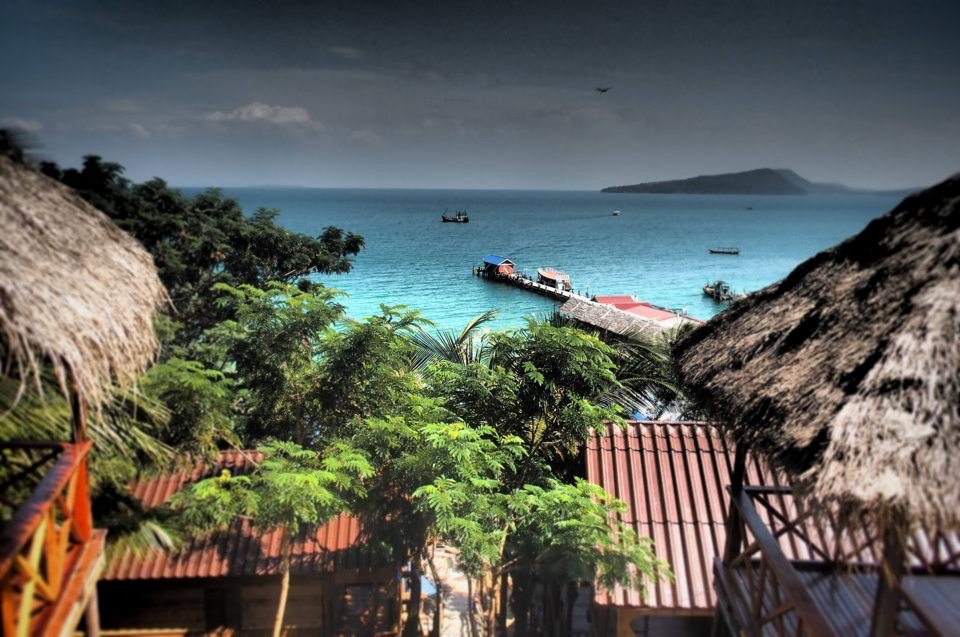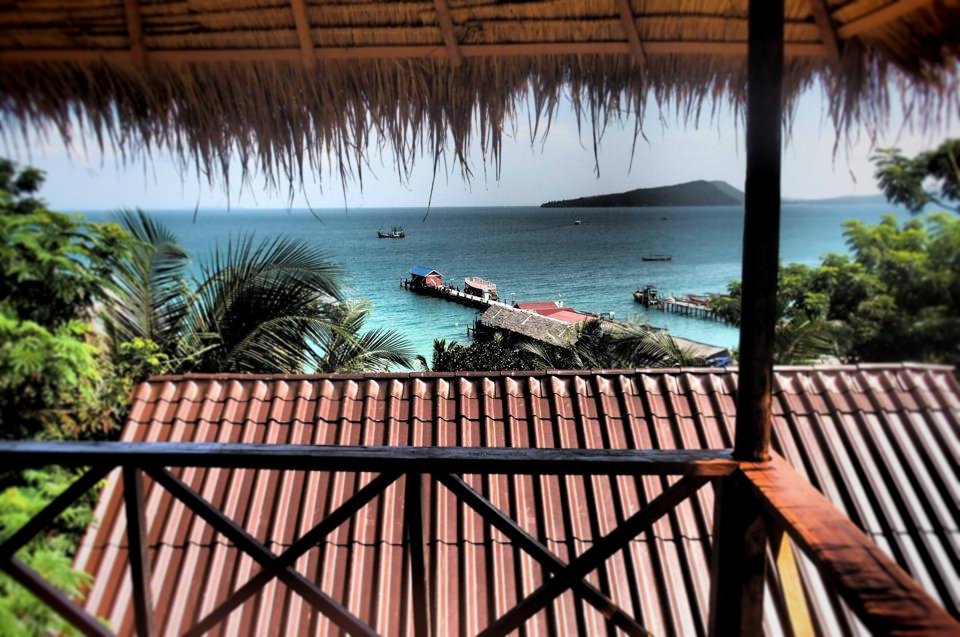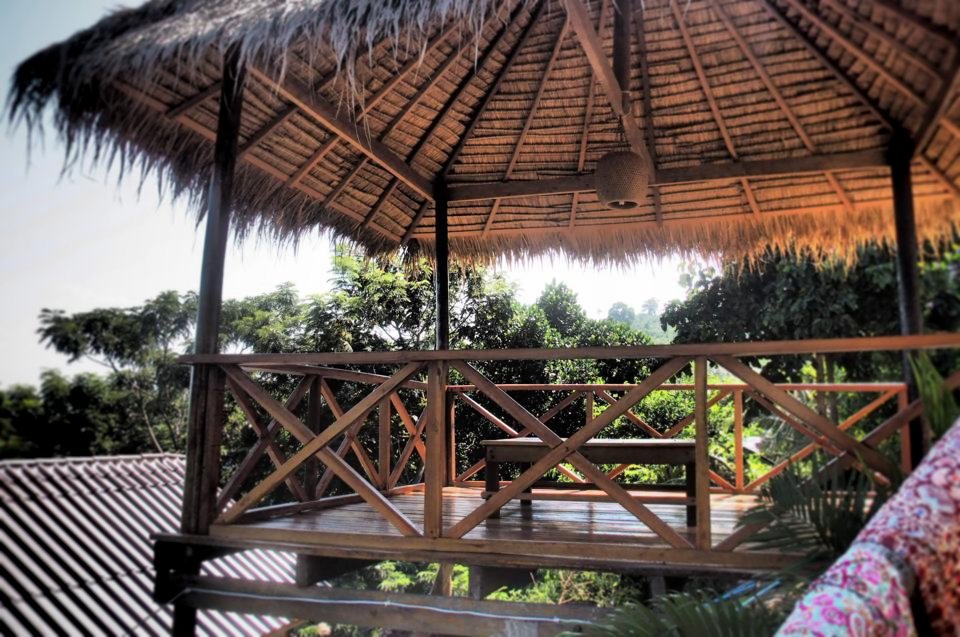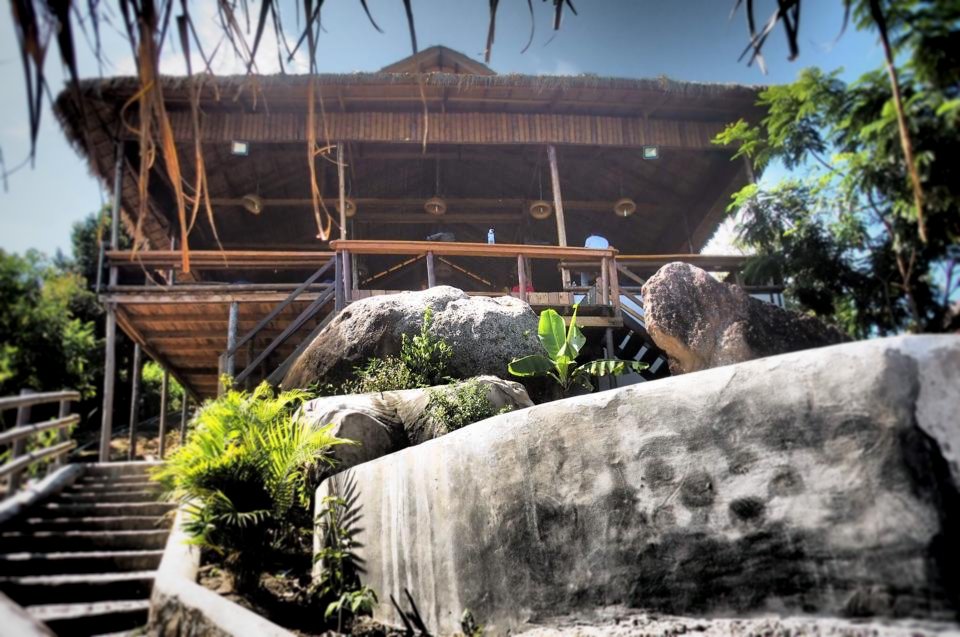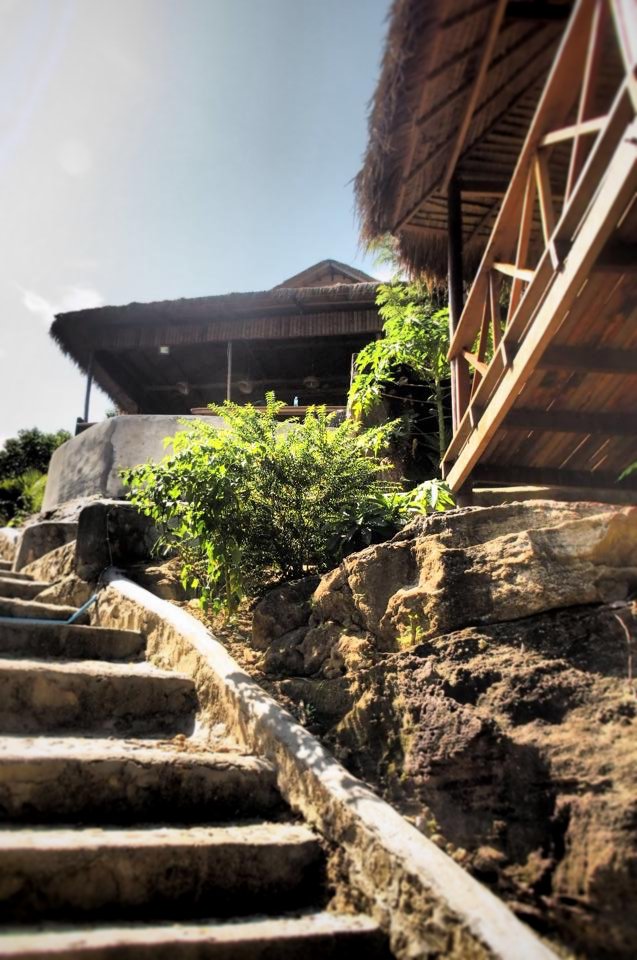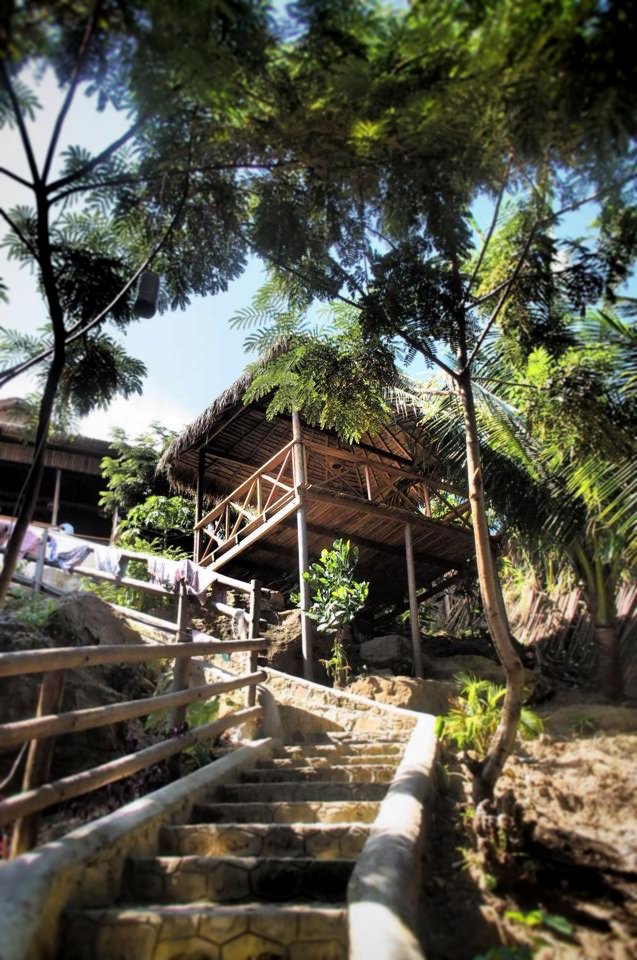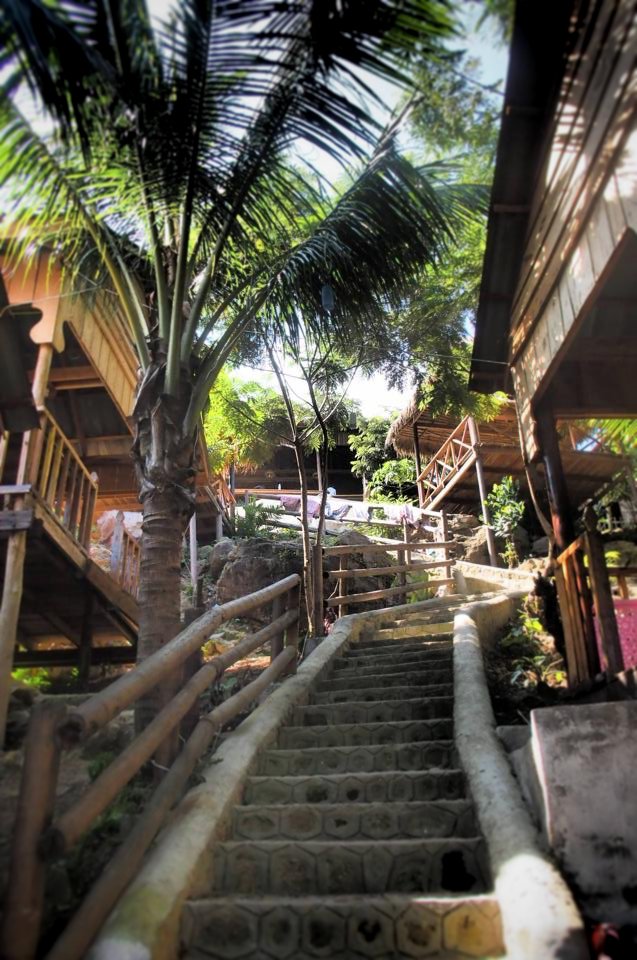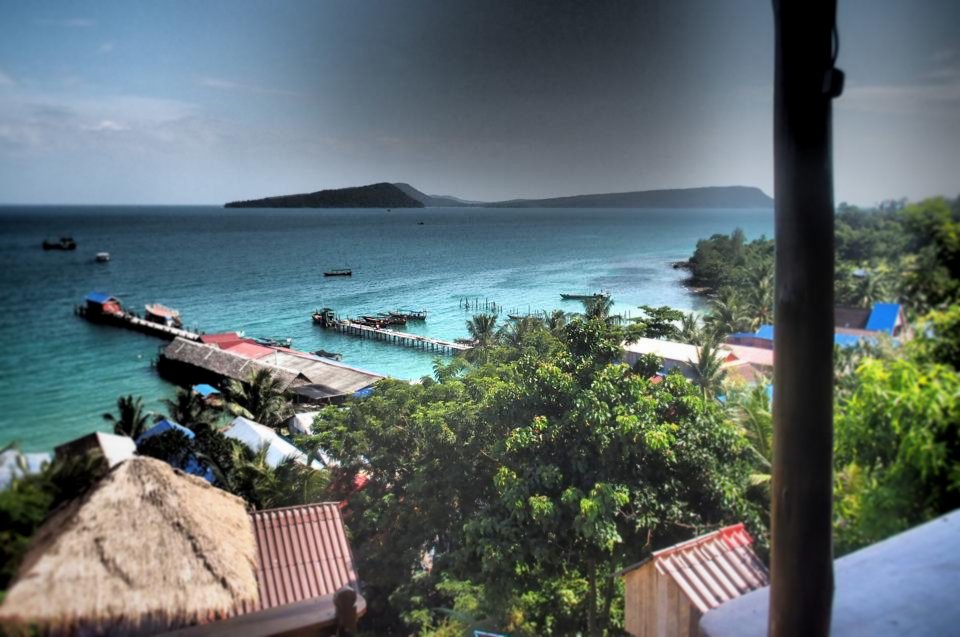The Homeseekers #3: Mya DeRyan
Lockdown in the most beautiful place on earth.
How a fishing village on a tiny island in Cambodia taught me to make my way home.
Imagine.
No cars. No roads. This was the story of my 78 km² island of Koh Rong in Cambodia. I’d moved to a tiny fishing village there in 2017, and opened a bar-slash-restaurant I dubbed “Skybar” on account of the 124 arduous stairs between it and one of the 43 kilometres of beaches that makes up the majority of the island’s coastline.
Koh Rong was monumentally popular amongst young backpackers. So popular, in fact, that when the pandemic hit and the local government issued a 48-hour notice that there was going to be a two week “shelter in place”, travellers flocked to the island.
I remember thinking that there probably wasn’t a better place in the world to sit, sun and surf out a lockdown.
Going nowhere slowly.
So that was it - the island closed to anyone arriving or leaving. Within its borders, however, we were free to range wherever we wished. I estimate that Koh Rong had more than 200 stranded backpackers, many of whom were slated to be flying home when all the flights were cancelled. This also meant that many of them were running out of money. Fast.
Oh, and one more small wrinkle: the island doesn’t have any banks, ATMs or any other means to withdraw cash.
It soon became clear that many of our guests were in a tight financial position. Most of us lowered our prices, and “people before profits” became Skybar’s slogan. We reverted to one of the good old ways: barter. I started to trade food and accommodation for work and chores around the bar. As you read this, you probably think that it all quickly became an awful, trying experience.
The opposite is true.
Paradise found.
I was filled with wonder as I watched my island morph into something that I can only describe as being like The Beach - but with only the good parts. Koh Rong remained closed for six long weeks, allowing us the time to transform strangers and friends alike into a tribe. It really was paradise.
I was able to truly help people in a desperate situation. I formed bonds and friendships that have - and will - last lifetimes. I nourished my soul. And I finally discovered what “home” means.
Before long, repatriation flights were coming in. Our tribe broke up into its individual tributaries and trickled back to their homes. The island, however, remained closed. For far, far longer than any of us could ever have expected.
Closing time.
With no tourists, we finally had to start closing our businesses. I was one of the last to remain open, and as I locked the doors for the last time and started down those 124 stairs, I anticipated a heartbreaking experience of having to walk away from everything I had worked so hard to build. But that wasn’t what happened.
As I stepped down onto each well-trodden tread, I felt a tremendous release of pressure. My home had been paradise, but paradise has a way of numbing the burdens you carry. When the take became more than the give, it was time to make a new home.
And that’s the great trick, isn’t it? You don’t decide to buy or rent or build a home. You decide to make one. Wherever you are.
An incredible feeling of fulfilment came over me, born from the hard lessons and the strength that come from being pushed to your limits. I’d never thought of returning to Canada, but the universe had other plans for me, and I was incredibly happy to come back home. Not in a sense that had anything to do with geography. My exact position in this world was once again simply one bordered on all sides by my family and my friends. I soon found a fantastic new job, and my tribe was complete.
I’d made a new home.

